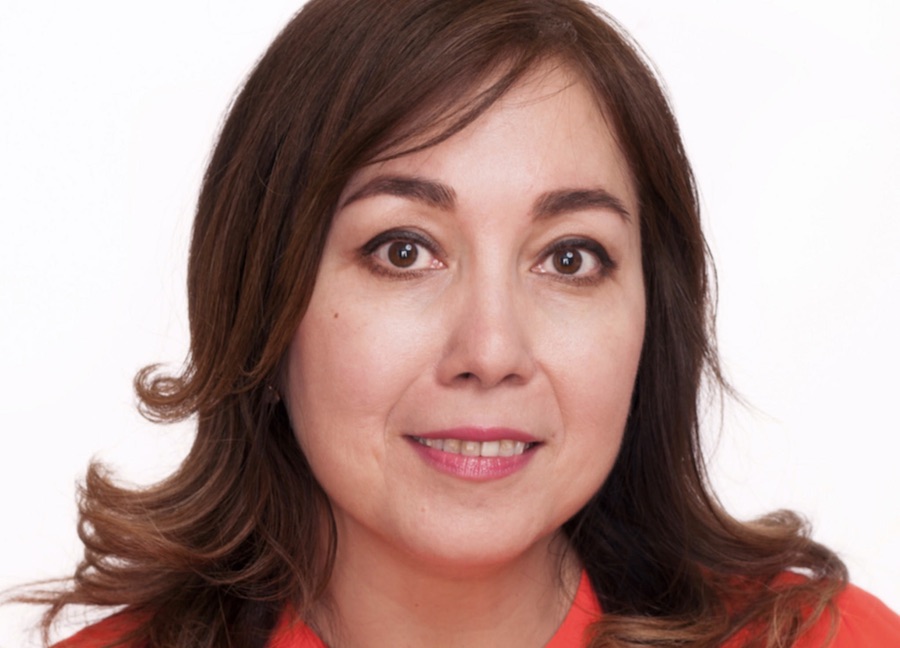
Gulnoza Said (photo: Committee to Protect Journalists)
Based in New York City, and with a waste network of associates all around the world, Committee to Protect Journalists (CPJ) is a respectful nongovernmental organization, among colleagues also known as The Red Cross for journalists. CPJ promotes media freedoms, and it defends journalists’ rights and security.
Among of the topics discussed with CPJ’s Europe and Central Asia researcher Gulnoza Said were media situation in the world and in Serbia during the Coronavirus pandemic, and trails for the murder of journalist Slavko Curuvija, and for arson in the case of journalist Milan Jovanovic.
Said has over 15 years of experience as a journalist and communications professional in United States, Check Republic, Slovakia, and Uzbekistan. She has covered issues including politics, media, religion, and human rights with a focus on Central Asia, Russia, and Turkey, which makes her a perfect person to talk to about the state of the media today.
Gulnoza Said: Authoritarianism has been on the rise in the entire world in recent years. That means more violations of press freedom. But the pandemic worsened the press freedom environment in many countries of the region of Europe and Central Asia that I cover for CPJ.
We’ve witnessed many political leaders using the pandemic to further limit press freedom and strengthen their grip on power. For example, Hungarian Prime Minister Victor Orban introduced a state of emergency that allowed him to “rule by decree”. In Russia, President Vladimir Putin held a national referendum on constitutional amendments that allow him to stay in power for 16 more years.
After the July 1 vote, Russian authorities started a full-scale offensive on independent media – detaining journalists, accusing media of fake news, and bringing the treason charges against a well-known journalist.
The most adamant statement came from President of Azerbaijan Ilham Aliev. In March, he targeted the country’s opposition claiming the opposition would try to use the pandemic to “destroy Azerbaijan” and therefore needs to be stopped.
Attacks on journalists in Serbia
Cenzolovka: What are some particularities of Serbia?
Said: In Serbia, with the start of the pandemic, we’ve seen the authorities’ attempt to limit journalists’ access to truthful information on COVID-19. The authorities centralized information and journalists were unable to independently confirm government information by contacting local institutions, such as hospitals and municipalities.
In April, Serbian police arrested Ana Lalić, a reporter for news website Nova.rs, just hours after she published a report on chaotic conditions in a local hospital where medical staff lacked protective equipment.
She was later released, but the authorities continued to restrict journalists’ access to information, to government buildings and official events, such as press briefings; some journalists told us how they couldn’t get interviews with doctors.
I want to call on the Serbian authorities to make sure that every single person who was involved in the murder of Slavko Curuvija – from those who pulled the trigger to the masterminds, however high offices they may have held – is brought to justice
In early July, we documented physical attacks against at least 10 journalists who were reporting on the Belgrade protests against the government’s decision to reapply restrictions to fight the COVID-19 pandemic.
Cenzolovka: We are witnessing similarities between the treatment of the journalists who were covering BLM protests earlier in the U.S. with the treatment of the journalists who were recently covering protests in Serbia. There is also a proliferation of fake news in both countries.
Said: Yes, the similarities are noticeable. We are concerned about the safety of journalists covering protests in the U.S., Serbia as well as other countries. I’m sure you’ve heard about police brutality in Belarus, where protests against President Aleksandr Lukashenka continue for over two weeks.
In the U.S, we’ve witnessed how both protesters and police attack journalists during protests. The U.S. Press Freedom Tracker is investigating 675+ incidents as of August 10. Our preliminary research shows that police officers were responsible for the majority of assaults on journalists.
CPJ research also shows that journalists of color face a unique set of threats when covering these protests–especially when violent white supremacists are involved.
Covering white nationalism, and the far right is a dangerous beat. CPJ has documented threats, both online and off, against reporters who cover these movements. The threats are amplified in a protest setting, where far right groups, and sometimes counter-protesters are known to employ violence.
I already mentioned our research on journalists covering protests in Serbia recently, where we saw nearly a dozen of journalists being attacked while covering protests. The disregard for journalists wearing press insignia during protests is concerning. The authorities should ensure the safety of journalists.
I worry about the possibility of repeating the trial for the killing of Curuvija
Cenzolovka: How would you assess the current media situation in Serbia? Do you have reasons to worry or maybe for optimism?
Said: The overall press freedom trend in Serbia has been negative in recent years.
I want to mention Serbia’s experience in ending impunity in the killing of journalists. When an investigation and a trial in the murder of Slavko Curuvija ended with the conviction of four perpetrators in April 2019, we at the Committee to Protect Journalists welcomed it as a definitive step towards achieving full justice.
With the start of the pandemic, In Serbia we’ve seen the authorities’ attempt to limit journalists’ access to truthful information on COVID-19. Information were centralized
It was a victory for many parties who were involved in making sure that this murder was not left unaccounted for. Whenever I was interviewed on Serbia or even when I talked to my colleagues about ending impunity in the killings of journalists in other countries around the world, I mentioned Serbia as a positive example, as a country with a unique experience because different parties – journalists, families of killed journalists, press freedom activists and officers of the ministry of interior – were able to come together, create a body that would work together in achieving justice that Serbia, a country with a complicated past, so badly needed.
However, lately, I have heard concerns from Serbian journalists that the four convicts may be re-tried and potentially set free. That is very worrying.
I want to use this opportunity to call on the Serbian authorities to make sure that every single person who was involved in the murder of Slavko Curuvija – from those who pulled the trigger to the masterminds, however high offices they may have held – is brought to justice. This is very important not just for reconciling with the past but also for the future of Serbia.
We also continue monitoring the trial in the case of veteran journalist Milan Jovanovic who had his house burnt down in late 2018.
I wanted to point out that Serbia needs to ensure the safety of journalists and demonstrate respect for press freedom as it is trying to join the European Union.
In my position at CPJ, I have to focus on Serbia more often than on many countries in Europe and in the Balkans. And I don’t mean that in a good way. I and my colleague who covers Serbia for CPJ have to look at Serbia more often because lately, there have been more press freedom violations than before. Serbian authorities should stick to their commitment to respect free press.
Attacks on journalist in the United States
Cenzolovka: Nowadays, it looks like the CPJ works a lot on the press freedoms and even the safety of journalists domestically Is that something that the founders of the CPJ had in mind when the organization is formed?
Said: The Committee to Protect Journalists was founded in 1981 on the idea that journalists around the world should come together to defend the rights of colleagues working in repressive and dangerous environments. The founders were U.S. correspondents who did not want to ignore the plight of colleagues whose reporting put them in danger.
CPJ’s first advocacy campaign was in 1982 when three British journalists — Simon Winchester, Ian Mather, and Tony Prime — were arrested in Argentina while covering the Falklands War. A letter from CPJ Honorary Chairman Walter Cronkite helped spring them from prison.
Serbia needs to ensure the safety of journalists and demonstrate respect for press freedom as it is trying to join the European Union
For many years after being founded, CPJ did not focus on press freedom in the U.S.
Today is a different story. Recently, we have witnessed journalists facing physical violence while covering protests in the U.S. Two years ago, we saw the shooting in the newsroom of Capital Gazette in Maryland when five people were killed in June 2018. We have issued safety advisories – on physical safety, on digital safety and other issues – for U.S.-based journalists just like for journalists in other countries and continents.
What is most concerning is that under the current administration, the U.S. has departed from its traditional role of the world flagman of democracy and human rights, and President Donald Trump has targeted – in his speeches, tweets and interviews – journalists and respectable media outlets accusing them of fake news – in the best traditions of authoritarian regimes. This sends a strong signal to many autocratic leaders around the world that targeting media and journalists is ok. That’s the most concerning.
Cenzolovka: What are some concrete measures that you have taken in order to address attacks on journalists domestically?
Said: We and other organizations were so concerned with the state of press freedom in the U.S. that in 2017, we founded the U.S. Press Freedom Tracker . It is a project that systematically documents press freedom incidents in the United States, such as the arrests of journalists, seizures of their equipment, and interrogations and searches at the U.S. border, subpoenas to testify about sources, leak prosecutions and physical attacks. It has 30 partners, and is led by the Committee to Protect Journalists and Freedom of the Press Foundation.
But I wanted to mention that Trump is not the first U.S. president whose stance on free press concerns CPJ. When Barak Obama was president, CPJ published its report on how his administration limited transparency and accountability, and used aggressive prosecution of leakers of classified information and broad electronic surveillance programs.
As you know, the Obama administration tried to prosecute Julian Assange, but did not pursue the case, and the current administration picked it and beefed the charges up.




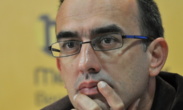
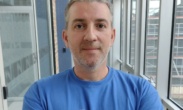
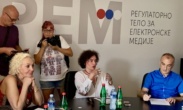
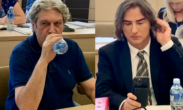
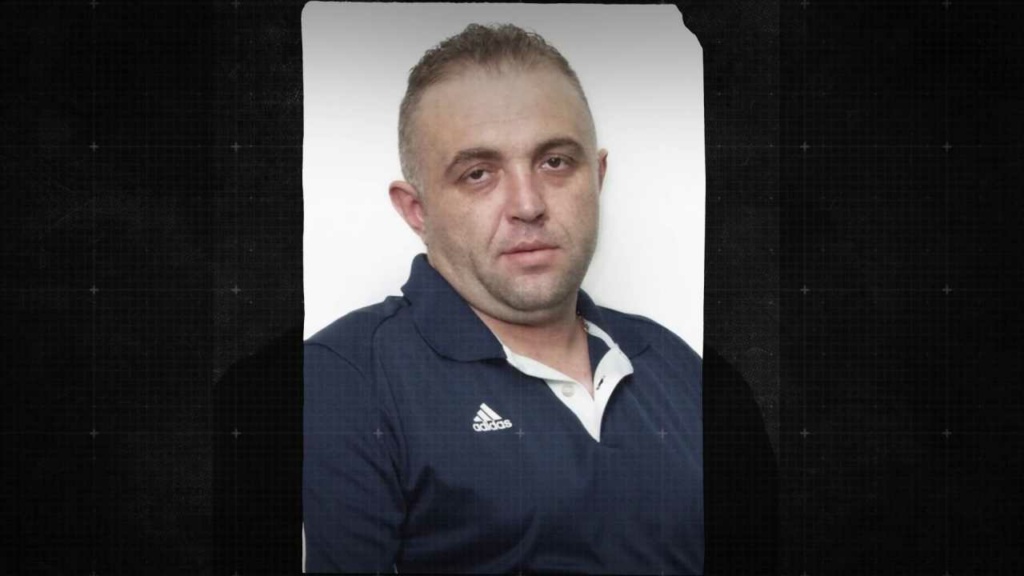 Predmet s presudom Dejanu Nikoliću Kantaru nestao u Višem sudu u Vranju
Predmet s presudom Dejanu Nikoliću Kantaru nestao u Višem sudu u Vranju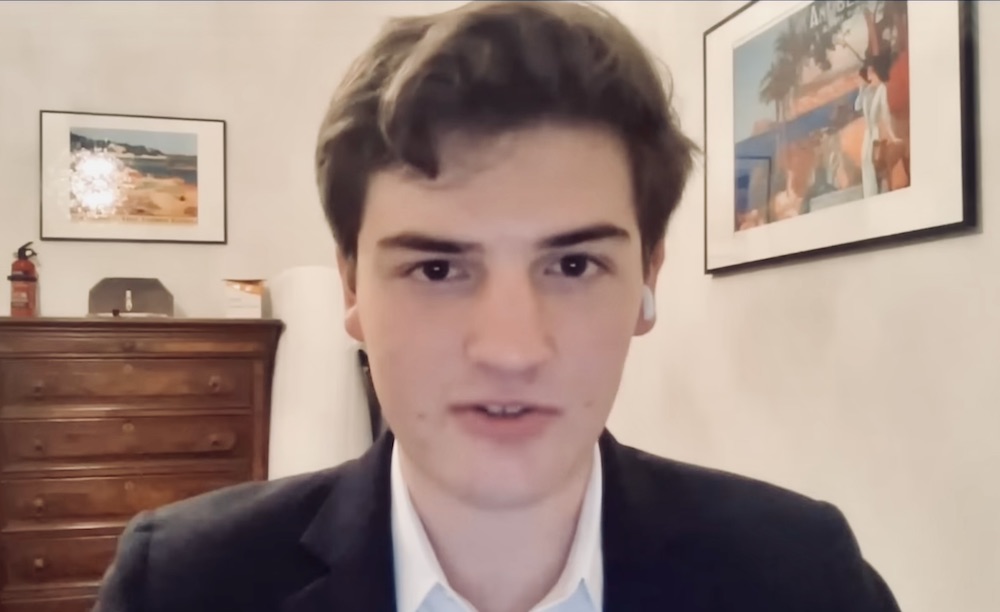 Predsednik Stenforda podnosi ostavku pošto je brucoš u studentskom listu objavio dokaze o nedostacima njegovih istraživanja
Predsednik Stenforda podnosi ostavku pošto je brucoš u studentskom listu objavio dokaze o nedostacima njegovih istraživanja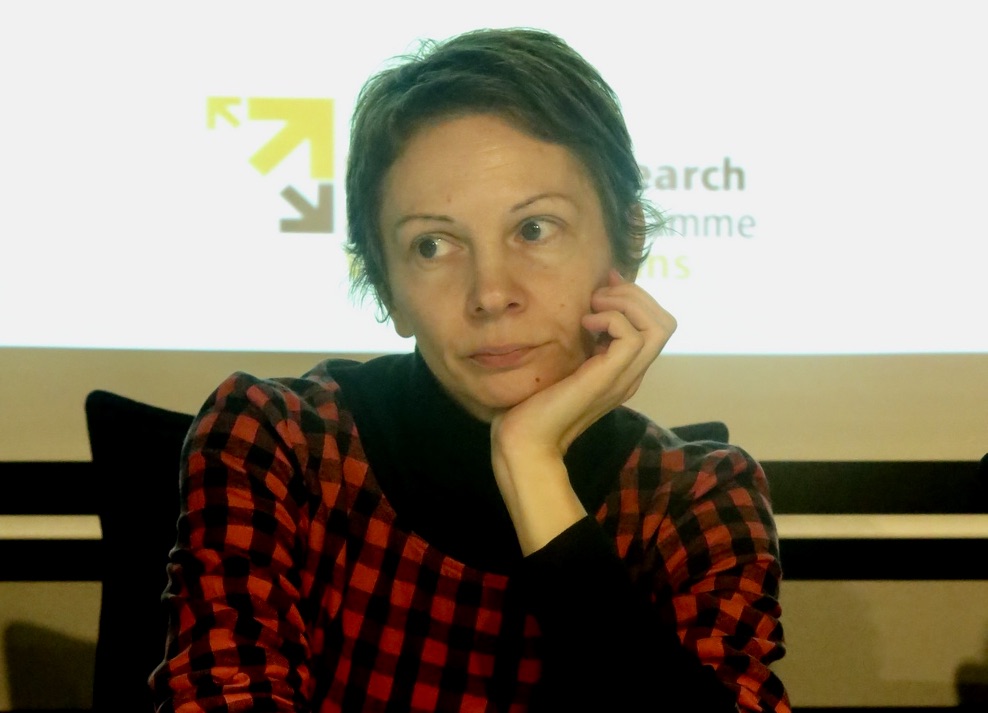 Smiljana Milinkov: Napadom na medije u Parlamentu vlast skreće pažnju sa sopstvene odgovornosti za podgrevanje nasilnog narativa u društvu
Smiljana Milinkov: Napadom na medije u Parlamentu vlast skreće pažnju sa sopstvene odgovornosti za podgrevanje nasilnog narativa u društvu
Ostavljanje komentara je privremeno obustavljeno iz tehničkih razloga. Hvala na razumevanju.